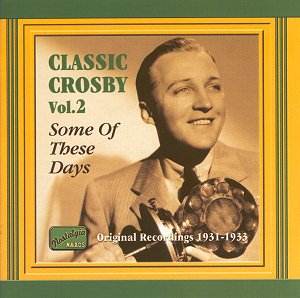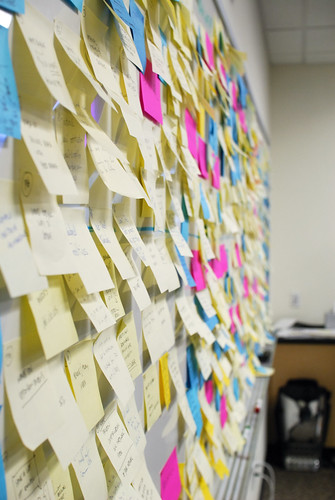 You know that old song...
You know that old song..."Ac-cent-tchu-ate the positive. E-lim-inate the negative. Latch on to the affirmative.(Bing Crosby sang it. That's why his picture is here.)
Don't mess with Mr. In-between!"
Well, when we're writing about our organization's need for grant money, it's easy to focus on the negative. 'Kids are killing each other on the streets. The environment is going to hell. And, everyone in the neighborhood needs shoes.'
And, some days, the cup just seems half empty. Everything out of my mouth is negative.
But, as grant writers we know that our choice of language has a psychological impact on the reader. So, consider carefully the impact you want to have.
While a some negative language about the problem may be inevitable, leave the reader with positive feelings. I reread my text to find negative sentences and try to rewrite them as positives.
Without your funding the situation will continue to deteriorate and life will be miserable.Now, doesn't that feel better? Well, you know what I mean.
versus
With these additional resources the neighborhood can rise to the challenge and solve some of its problems.






